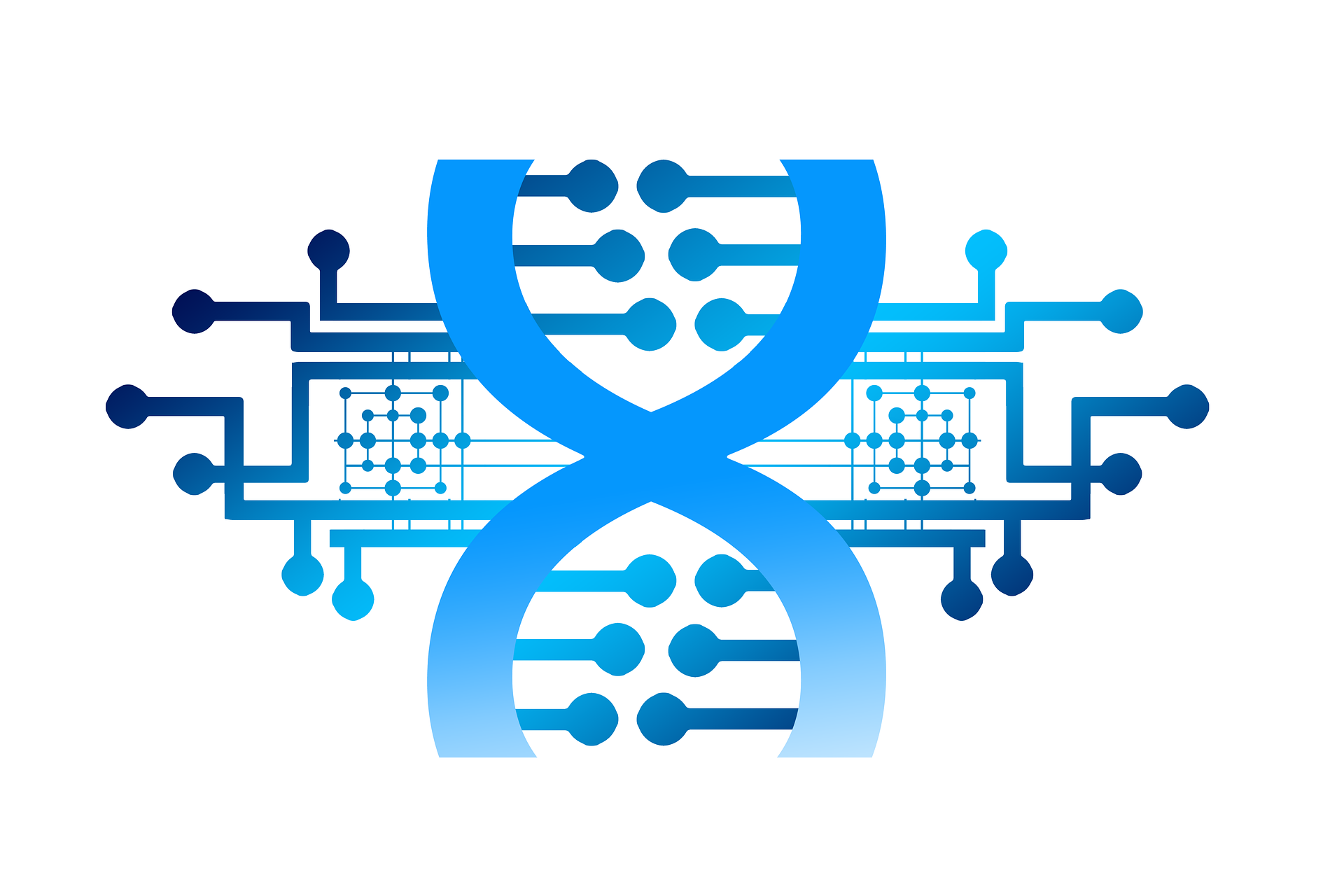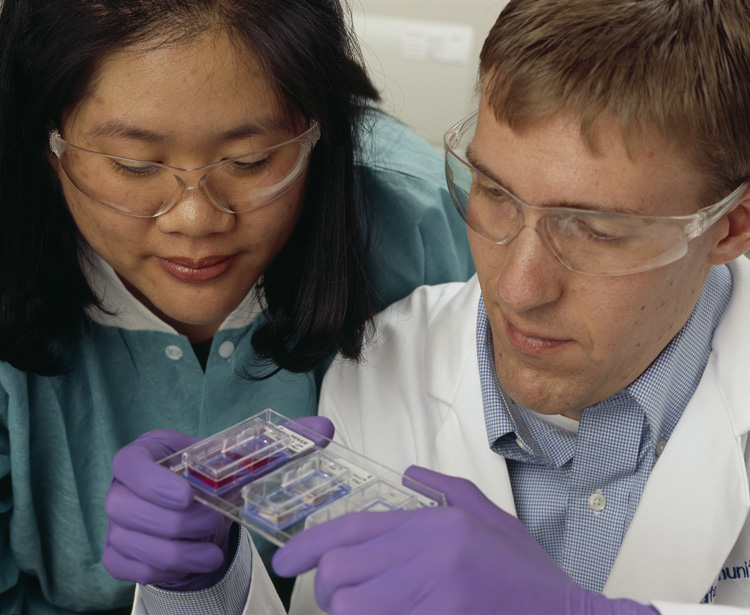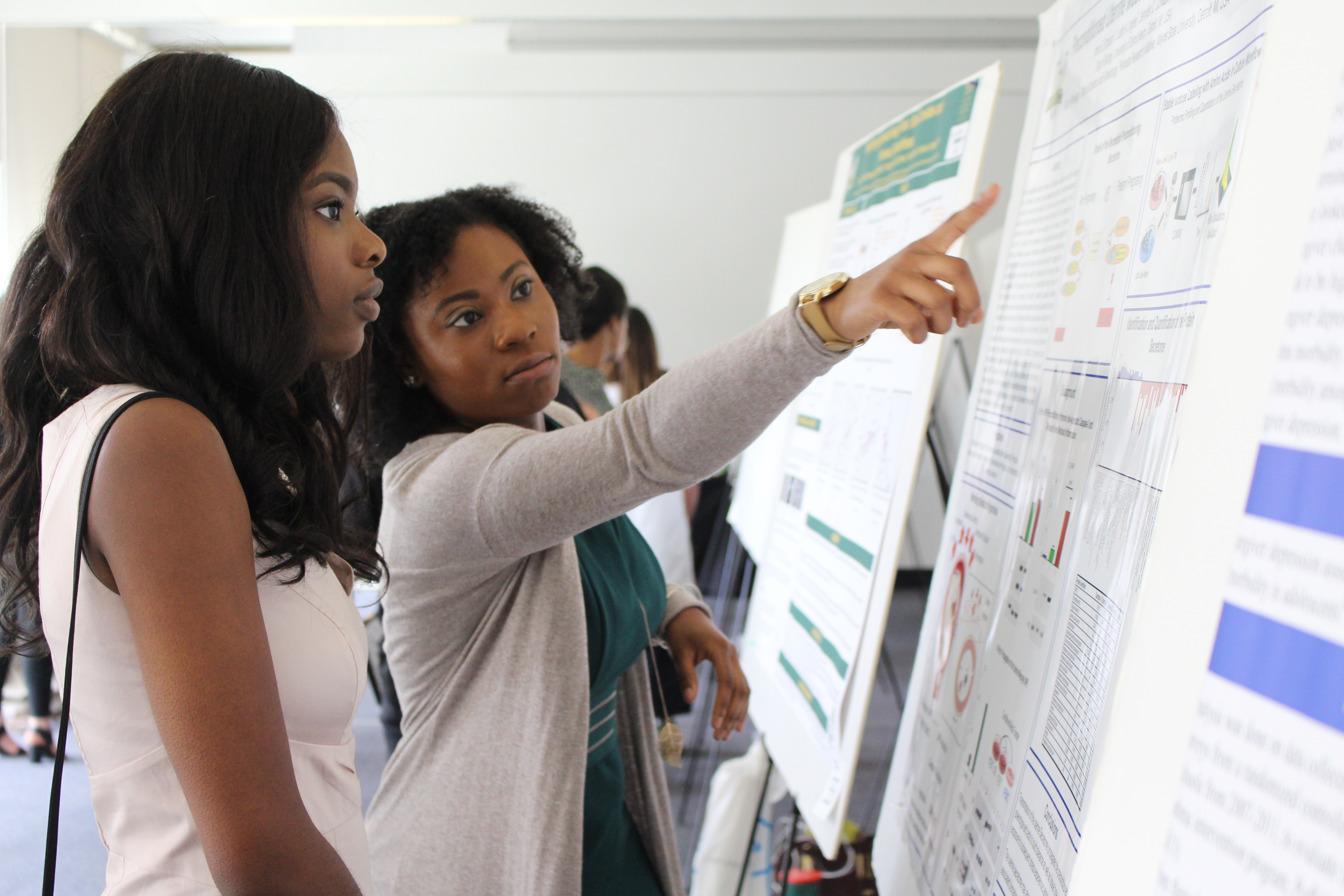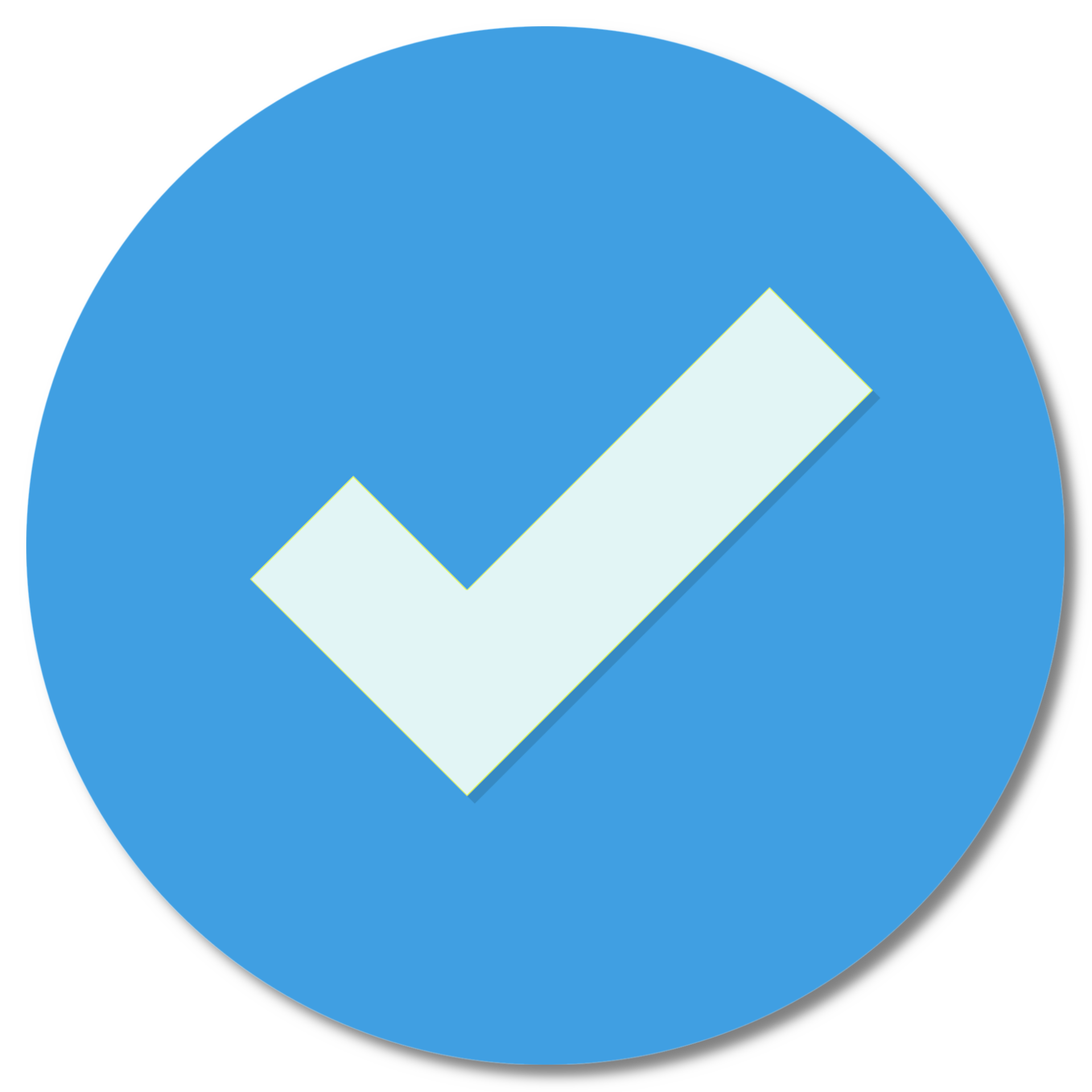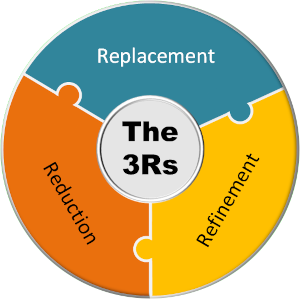2/19/26: Revised OLAW FAQ + External News and Events
Revised OLAW FAQ Regarding Animal Adoptions Is Now Available
OLAW has revised its FAQ on the adoption of animals no longer needed for study. The revised OLAW FAQ F.11 Will the NIH allow recipients to charge costs for adoption/rehoming/retirement following the completion of the IACUC-approved animal activity? incorporates the guidance from NOT-OD-25-163. Read the FAQ here.
__________________________________________
IACUC Administrators Association: New Website [External]








